A third of Romania's population is exposed to poverty, and a poor transport infrastructure exacerbates this problem, says Adela Fofiu, author of the report "Transport Povert in Romania", an analysis presented Wednesday by the 2Celsius Association, informs Agerpres.
"Given that we already have almost 52% of the rural population exposed to poverty, so the Romanian countryside is poor, and in general, both urban and rural, a third of Romania's population is exposed to poverty and a poor transportation infrastructure accentuates this problem, while if it were maintained, solved as it should be, to put it informally, it could contribute to the better management of poverty problems in the country. What I want to emphasize without going into details that may be of a didactic nature, so I do not want to sound like a college lecture, is that systemic problems are transversal. We find the same challenges in road transportation, the situation of roads in the country, from local, regional, national, to the situation of motorways and express roads. The problems are the same in the railroad system, both regional trains and public transportation. While trying to structure the phenomenon so that we can observe it with a little more attention, we have approached the problem in this way: road, rail, public transport, which overlaps the two very little and gently, we also looked at air transportation and a very interesting phenomenon that is often ignored by the media, but also by my fellow researchers or in the NGO sector, is the problem of water transportation," explained Adela Fofiu.
The Romanian Transport Poverty Report is a detailed analysis of mobility challenges and disparities in transport infrastructure. The document highlights the impact of regional inequalities, insufficient road, public and rail transport infrastructure, but also the lack of sustainable solutions to ensure access for vulnerable groups.
According to a press release from the organization, mobility poverty is not only about financial constraints, but also includes limited access to transport, education, health care and employment opportunities, which are vital for full participation in economic, social and cultural life. Addressing transport-related poverty should focus on optimizing the accessibility of regional, inter-urban, peri-urban and rural public transport.
The report analyzes the existing road and rail infrastructure, as well as the public transport network and how it is used nationwide. Some regions, such as Bucharest and Cluj Napoca, have more public transport users than all other counties combined.
According to the source, the lack of specific policies for rural mobility and transport services further contributes to mobility poverty. Rural development programs focus on infrastructure, such as local roads, without adequately addressing the need for transport services. A more comprehensive approach to sustainable transport implies reducing car dependency and investing in infrastructure for alternative modes of transport.
The report shows that lack of access to adequate transportation reduces opportunities for work, education and essential services for vulnerable groups; urban-rural disparities exacerbate social exclusion; 51.7% of the rural population is at risk of poverty or social exclusion due to lack of adequate transportation; Romania's road network is one of the least developed in the EU, with only 38 km per 1 million inhabitants; the road and rail network is unevenly developed, with regions such as Moldavia remaining poorly connected to the rest of the country.
Western regions such as Arad and Timisoara benefit from more developed infrastructure than Moldavia and other eastern regions. This disparity limits equitable access to economic opportunities, the report says.
In the last 30 years, only 700 km of railways have been modernized, and urban public transport is polarized in favour of big cities. By 2023, trains in Romania had accumulated delays of more than 8.2 years, affecting millions of travelers. Bucharest and Cluj had more than 560 million public transport riders in 2022, surpassing the total ridership of all other counties combined.
Moreover, urban pollution is aggravated by the lack of viable alternatives to private car transport, and investments in electric transport and digitization have advanced in major cities, but are not sufficient to combat the effects of climate change.
2Celsius is a non-governmental organization set up in 2010 with the aim of influencing climate change policies at national and European level.











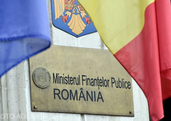
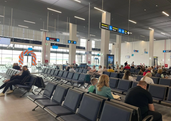


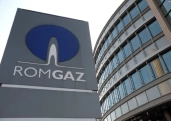




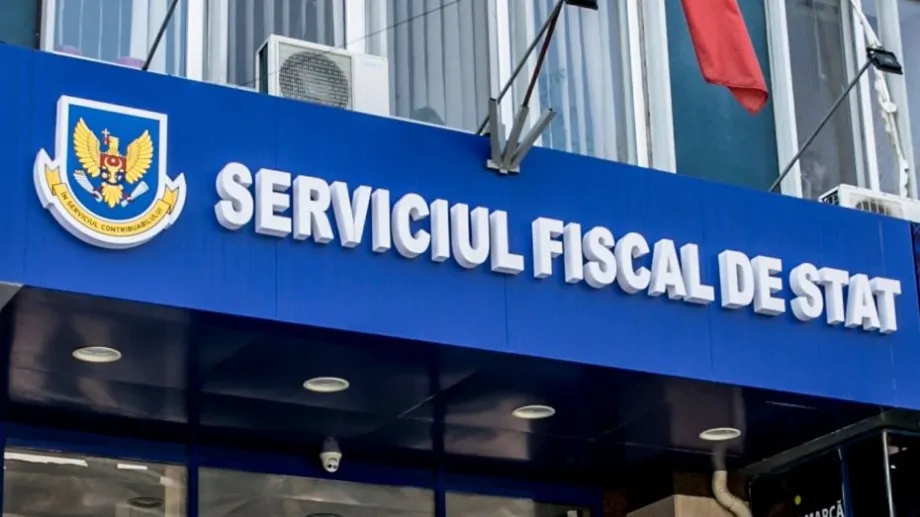
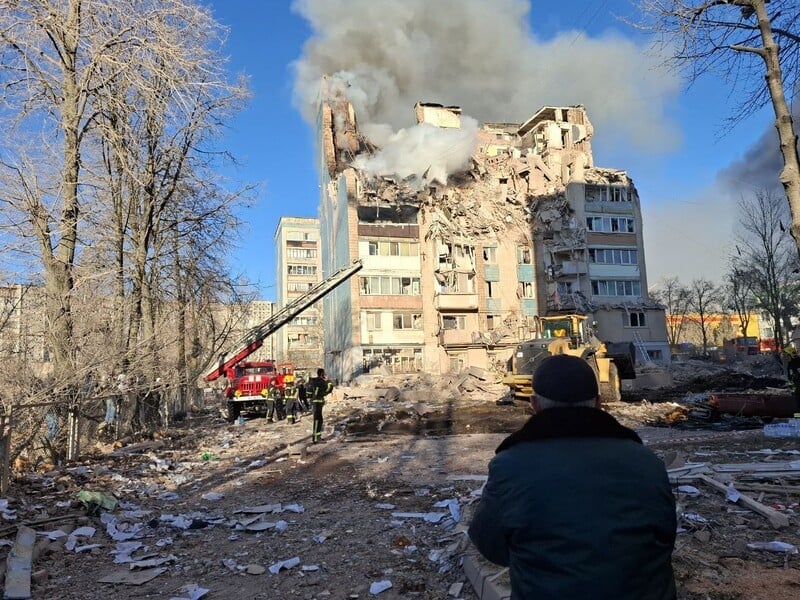

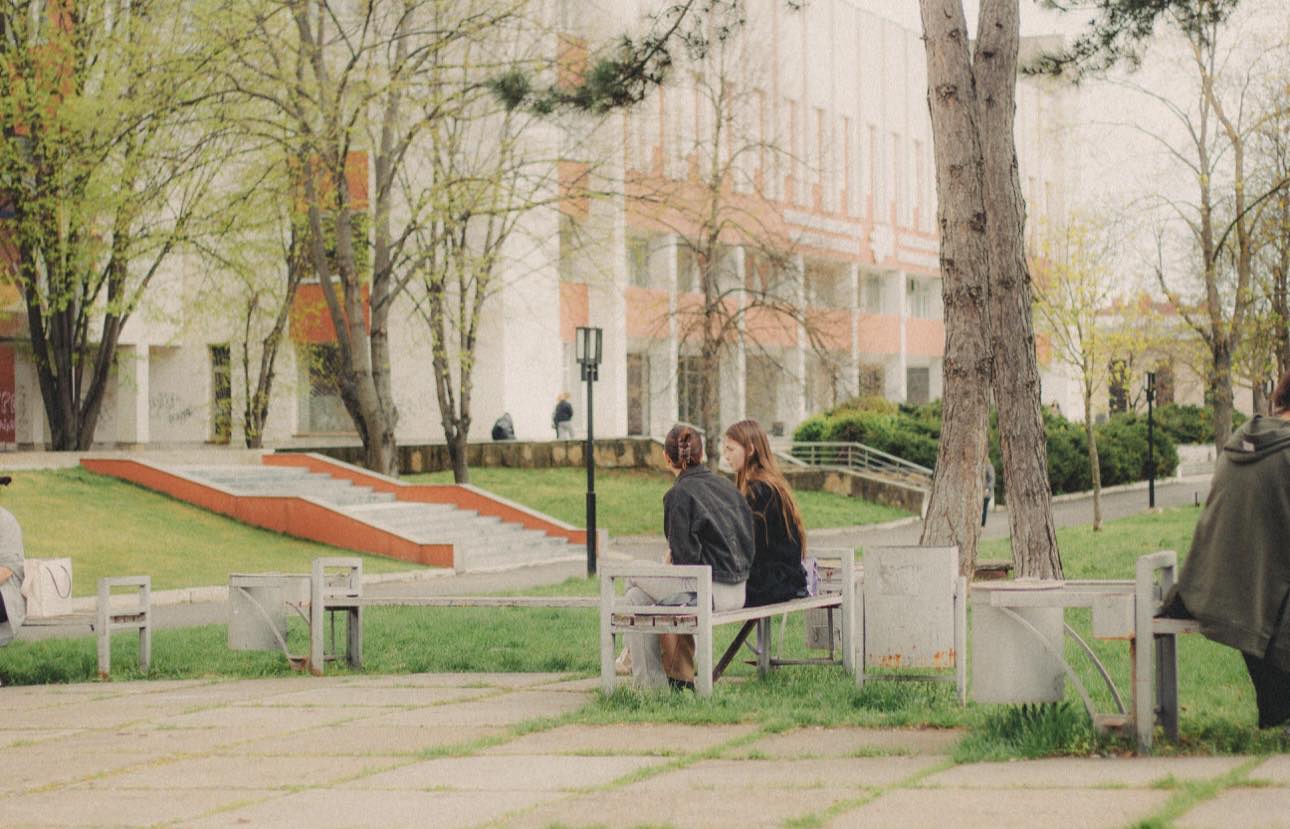








Comentează